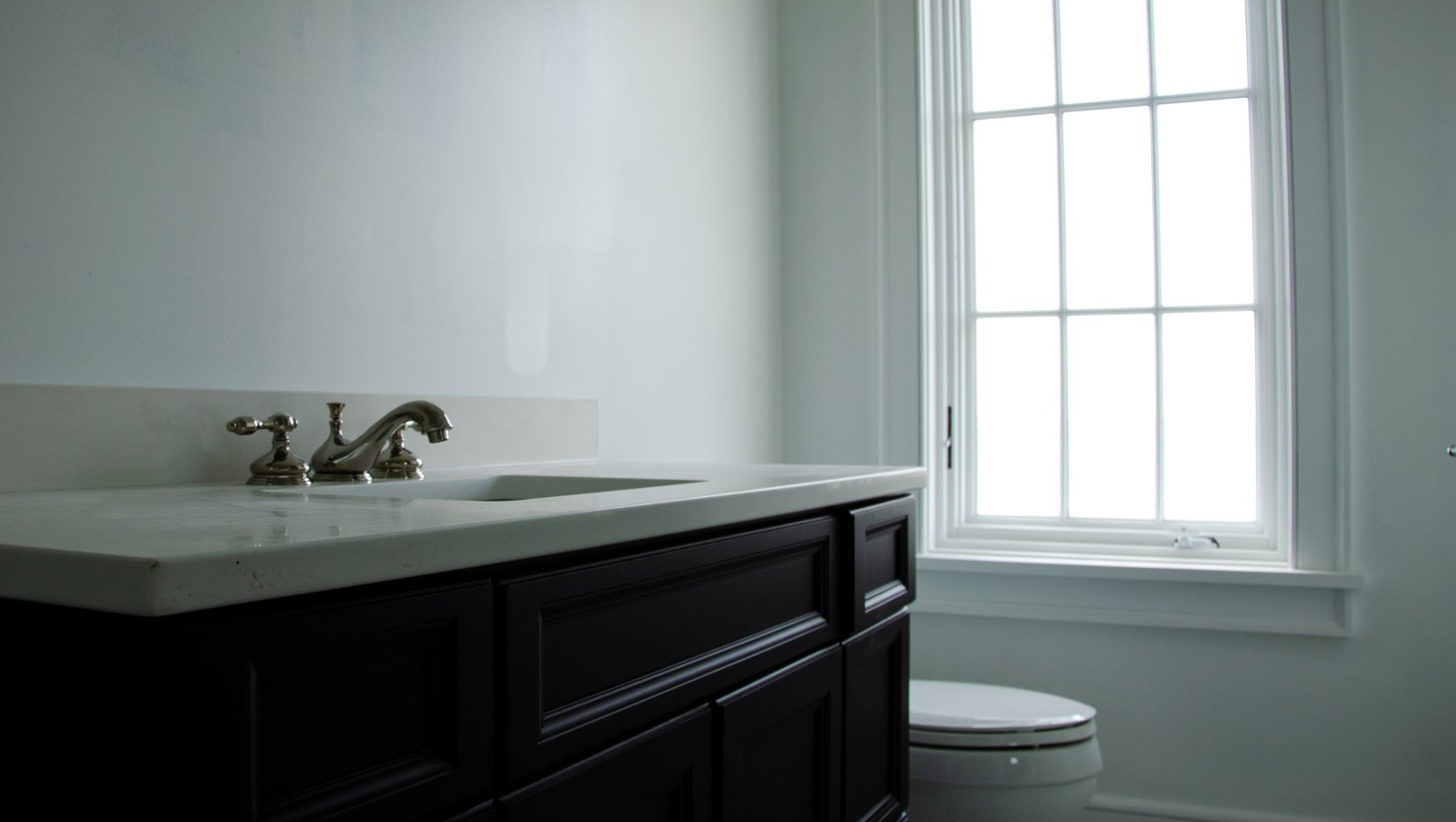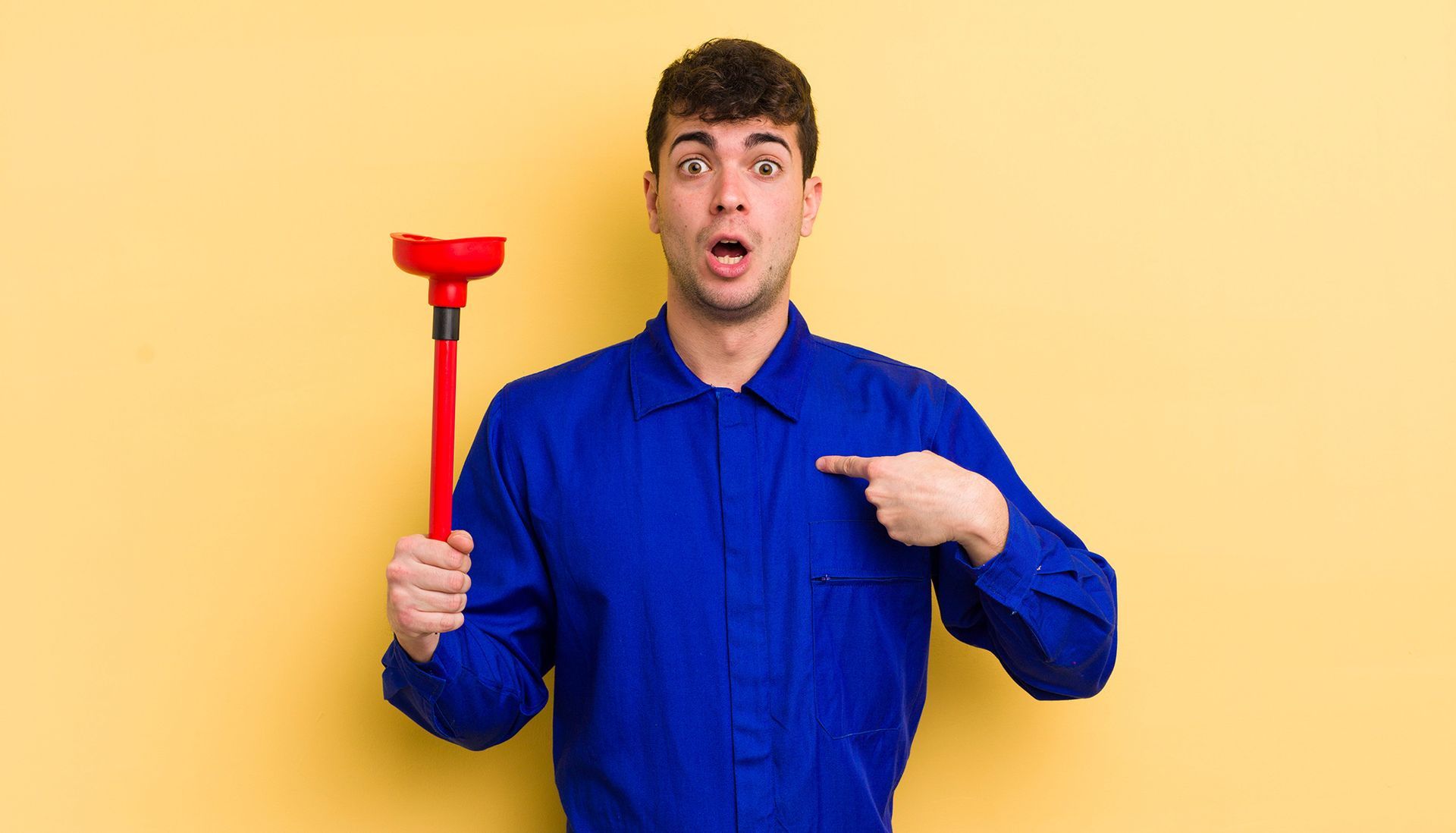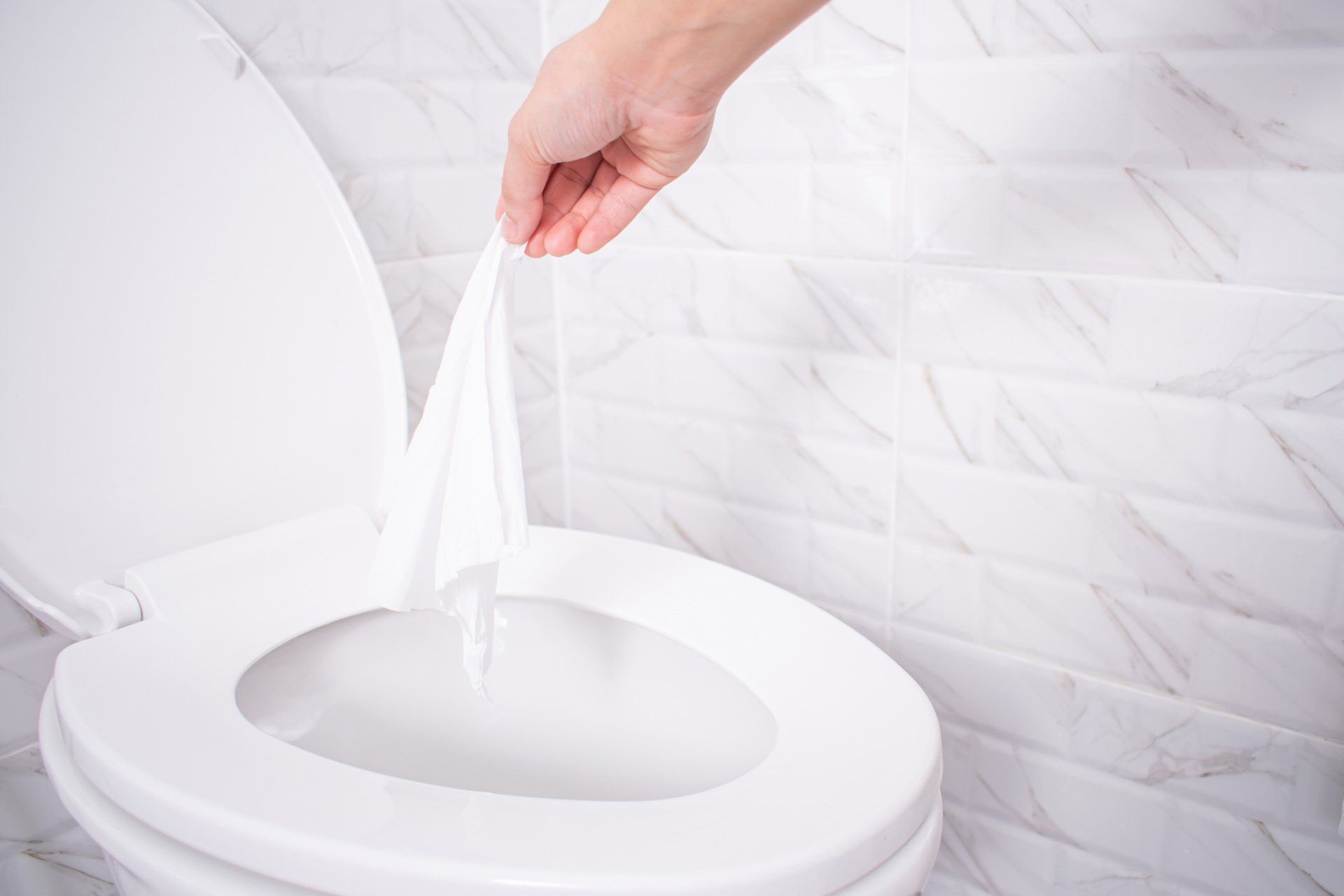3 Tips for Hurricane Season
June 15, 2020
This is a subtitle for your new post

There’s no denying it hurricane season has officially begun. With three named storms already having formed we’re all feeling a little tense about what’s in store for the Lowcountry. Very few things make homeowners more nervous than these incredible storms. From the structure of your home to its plumbing, there’s a lot of preparation you need to undertake to be ready. We want to help. So here are our 3 tips for hurricane season to help keep your home safe during the storm.
Inspect Your Drainage
Flooding is one of the most damaging parts of a hurricane. The winds are incredible, but they often leave homes unscathed when the waters rise and work their way into the structure of the home. Take a look at your drainage around the yard and home, such as French drains or gutters. Make sure they’re clean and free of debris as well as in good repair. These items will help move water away from the home and keep you safe.
Check Your Sump Pump
For many homes in the Lowcountry, sump pumps can be the difference between staying dry or a home water intrusion during a major storm. If your pump fails before or during the storm you could find yourself in a precarious position. Take a few minutes to make sure the pump is working and repair or replace it as needed.
If You Evacuate, Don’t Forget to Turn Off the Water
Sometimes we have no other choice but to evacuate. The safety of our loved ones is ultimately more important than property and we’re often forced to take that into account as storms approach. If you’re evacuating take a moment and shut off your home’s main water valve. This can help keep your system safe and clean, while also preventing additional home damage in your absence.
Your Plumbing Problems Don’t Stop
We know that this is a time of great uncertainty. We also know that plumbing problems never really stop, so our team is doing everything we can to respond to your needs while keeping everyone well and safe. If you have plumbing problems or questions, contact us today.
You might also like

In today's world, where environmental sustainability is becoming increasingly important, homeowners are seeking ways to make their homes more eco-friendly. While plumbin g may not be the first thing that comes to mind when thinking about energy efficiency, it plays a significant role in creating a greener home. In this blog post, we will explore energy-saving plumbing solutions that can help you reduce water waste, conserve energy, and make your home more environmentally friendly. I. Low-Flow Fixtures: One of the easiest and most effective ways to conserve water is by installing low-flow fixtures throughout your home. Low-flow faucets, showerheads, and toilets are designed to use significantly less water without sacrificing performance. These fixtures can reduce water consumption by up to 50% compared to traditional ones. Upgrading to low-flow fixtures is a cost-effective solution that not only helps the environment but also lowers your water bills. II. Water-Efficient Appliances: Another plumbing solution that can contribute to energy savings is opting for water-efficient appliances. Choosing appliances, such as dishwashers and washing machines, with a high Energy Star rating ensures that they use less water and energy with each use. These appliances are designed to operate efficiently while still providing excellent performance. Upgrading to water-efficient appliances not only reduces your environmental footprint but also helps you save on your utility bills in the long run. III. Efficient Water Heater: Your water heater can account for a significant portion of your overall energy consumption. To improve energy efficiency, consider installing a tankless or on-demand water heater. These systems heat water only when it is needed, eliminating the standby heat loss associated with traditional tank-style heaters. Tankless water heaters provide hot water on demand, reducing energy waste and ensuring you never run out of hot water. Additionally, insulating your water heater and pipes can further improve energy efficiency by minimizing heat loss. IV. Greywater Recycling: Greywater recycling is a sustainable plumbing solution that involves reusing water from sinks, showers, and laundry for non-potable purposes such as irrigation or toilet flushing. By diverting greywater, you can significantly reduce water consumption and minimize the strain on freshwater resources. Implementing a greywater recycling system requires professional expertise, but it can offer substantial long-term benefits for both the environment and your water bills. V. Rainwater Harvesting: Harvesting rainwater is an effective way to conserve water and reduce reliance on municipal water supplies. Installing rain barrels or a more elaborate rainwater harvesting system allows you to collect rainwater from your roof, which can then be used for outdoor irrigation or other non-potable purposes. Utilizing rainwater reduces the strain on municipal water sources during dry spells and contributes to water conservation efforts. VI. Regular Maintenance: Regular plumbing maintenance is essential for maximizing energy efficiency and preventing water waste. Inspect your plumbing system for leaks, dripping faucets, or running toilets and fix any issues promptly. These seemingly minor issues can waste significant amounts of water and increase energy usage over time. Conclusion: By implementing these energy-saving plumbing solutions, you can create a greener and more sustainable home while also reducing utility bills. Consulting with a professional plumber for advice on low-flow fixtures, water-efficient appliances, and other eco-friendly options tailored to your home's needs is highly recommended. Embracing these energy-saving plumbing solutions not only benefits the environment but also enhances your comfort, lowers your expenses, and contributes to a more sustainable future.


